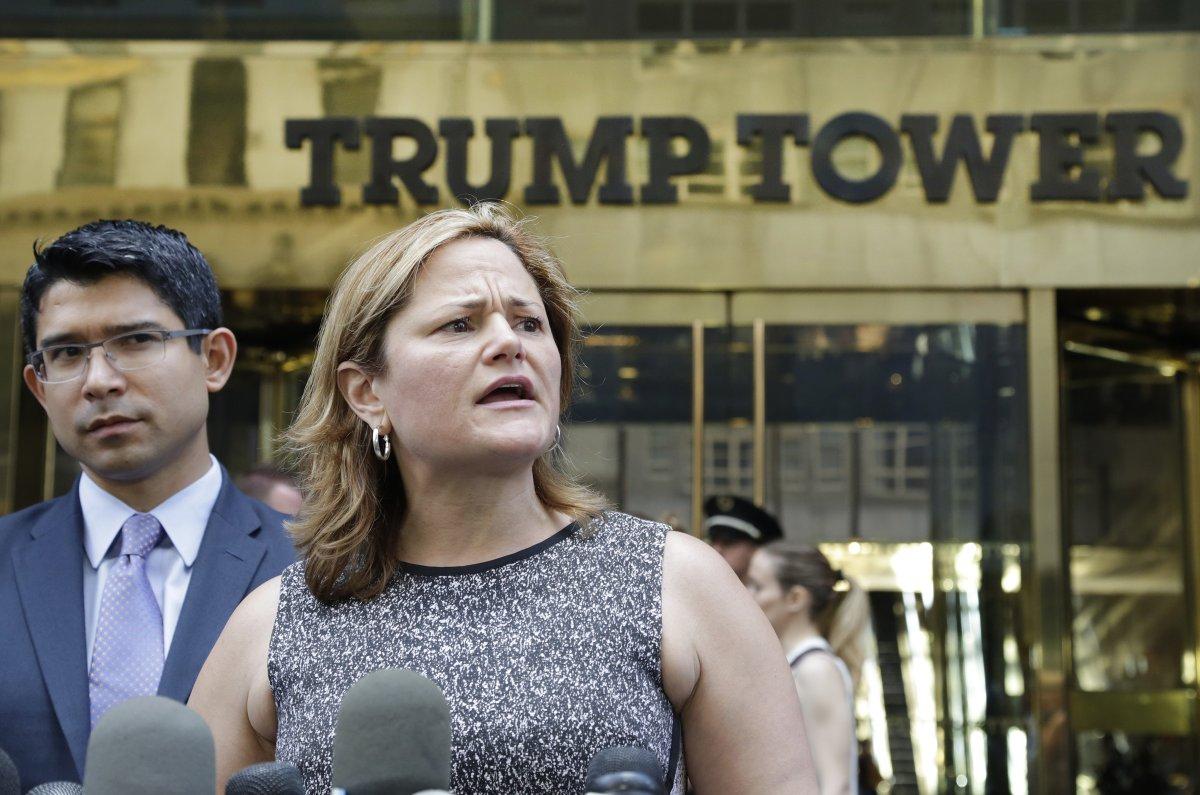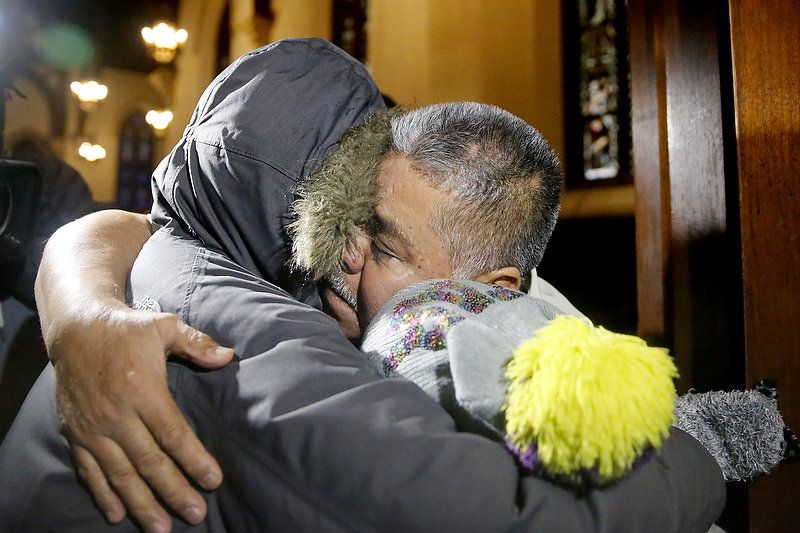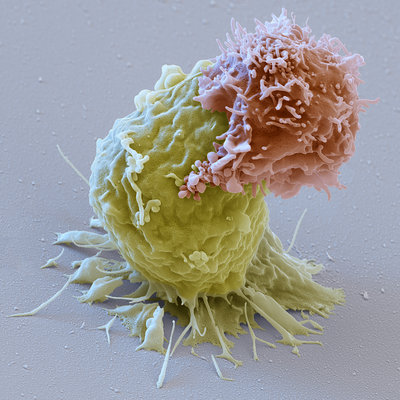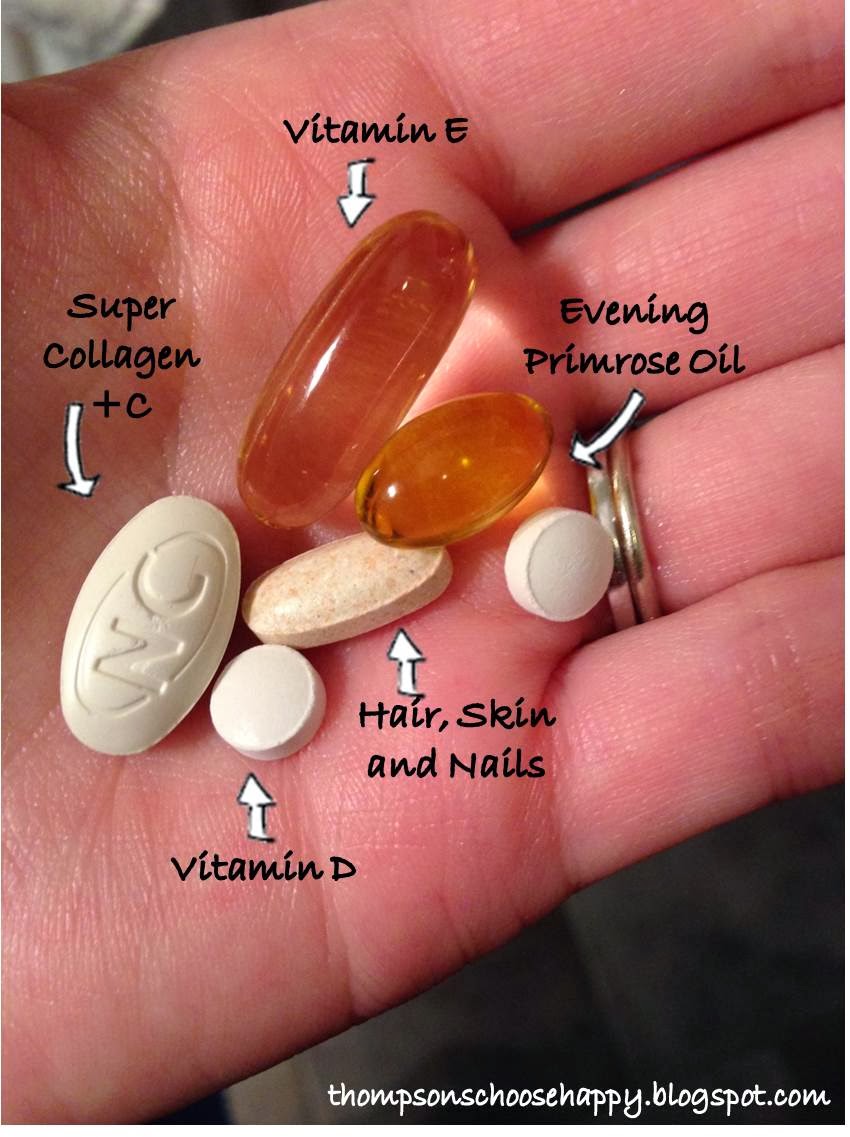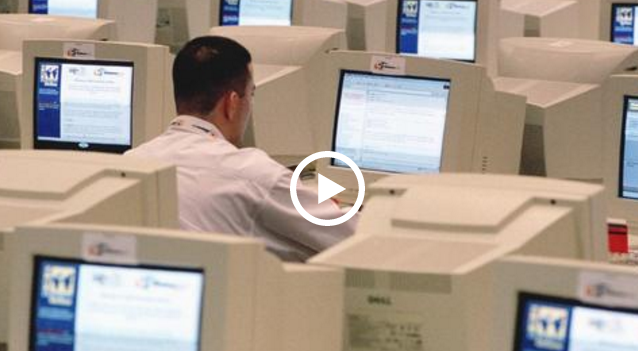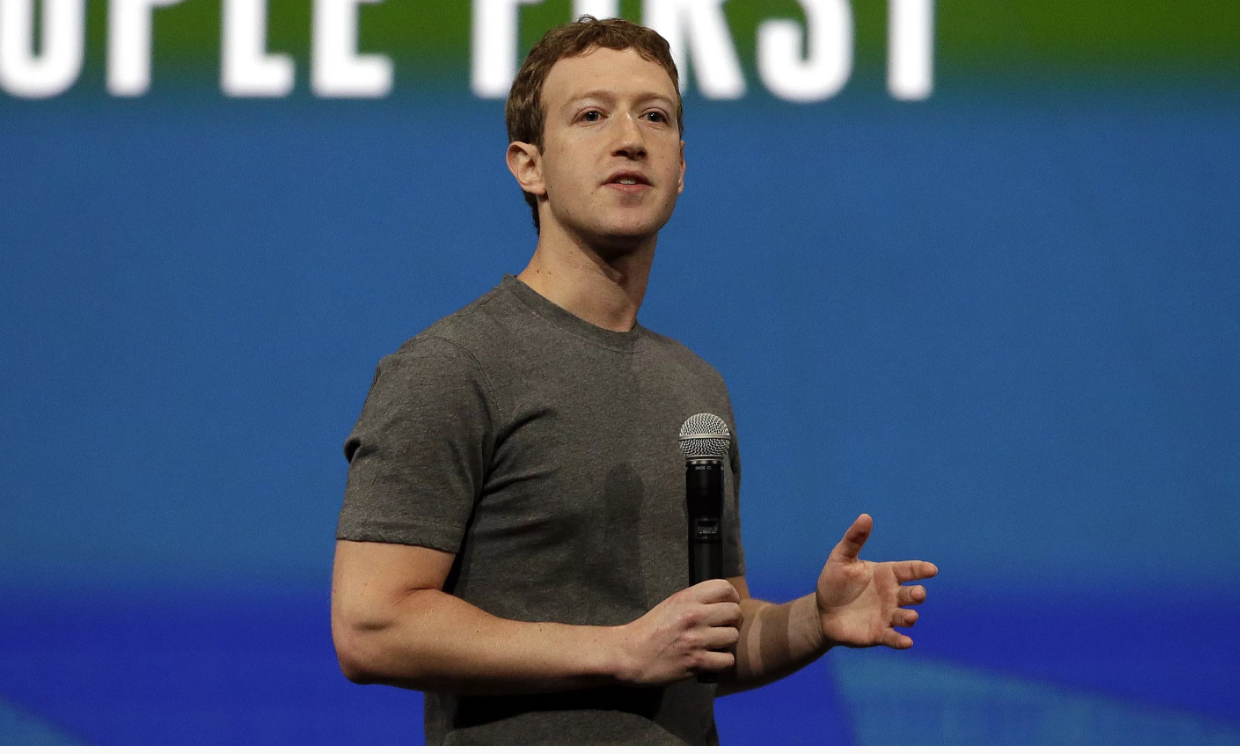Article from NY Times
No one knows better than House Democrats how a contentious health care vote can exact a steep political price — losing control of the House in the first midterm election of an untested new president’s tenure for example.
As they hooted derisively at their Republican colleagues on Thursday after a narrow, party-line approval of legislation to roll back the Obama-era health care law, Democrats glimpsed the mirror image of their own politically disastrous health care experience. They also saw a prime opportunity to avenge their ugly 2010 loss and possibly recapture the House majority.
“I think they are staring death in the face,” Representative Gerald E. Connolly, Democrat of Virginia, said about the political prospects of dozens of House Republicans who were persuaded to back the bill by Republican leaders anxious to deliver a legislative win. “They asked their vulnerable members to take an enormous gamble and risk on an act of faith that I guarantee will not pay off.”
Relieved Republicans celebrated on the House floor and at the White House and said they had been in danger of retaliation from their own conservative base if they had not delivered on the pledge to repeal the law they had been promising to strike from the books for seven years. They say their candidates will have the experience and resources to fight off Democratic challengers.
But Democrats were confident many colleagues across the aisle would come to regret this vote, particularly in an election cycle where the president’s party is typically on the defensive and when Republicans will need to protect nearly two dozen districts carried by Hillary Clinton last year. Those districts alone, including some in places like California, Texas and Illinois, are almost enough to determine who runs the House.
How Every Member Voted on the House Health Care Bill
The House voted on Thursday on a revised health care bill that would repeal and replace major parts of the Affordable Care Act.

“Republicans kicked a hornet’s nest, and it is not too soon to begin saying goodbye to some of my Republican colleagues from moderate districts, because this will cost them dearly,” said Representative Luis V. Gutiérrez, Democrat of Illinois.
The 2018 campaign is only now beginning, and the political climate is highly volatile. The outlook for the House bill in the Senate is uncertain, and it could be significantly rewritten. But Democrats believe that the potential ramifications of the House-passed measure — millions losing insurance coverage, a diminished array of benefits, no definite guarantee of coverage for those with pre-existing conditions — provide them with powerful ammunition against Republicans.
Democrats point out that Republicans will have to defend a reduction in federal help for people who have come to rely on it. That is a most unusual position for politicians since federal benefit programs are rarely scaled back once they are established — certainly not a program with the reach of the health care law.
“It is a pretty big mistake,” said Representative Steny H. Hoyer of Maryland, the No. 2 Democrat, about the Republican bill. “They are taking something away.”
It wasn’t just Democrats who were complaining about retrenching on health benefits. In a statement that might well resurface in Democratic campaigns, Representative Ileana Ros-Lehtinen, a Florida Republican who is retiring, delivered a blistering critique of the bill, saying it has “potential to severely harm the health and lives of people in South Florida.”
“My constituents should not have to take a step backward in their ability to obtain treatment for any illness,” she said.
Ms. Ros-Lehtinen was among 20 Republicans who opposed the legislation, most of them in politically divided districts where they hoped their “no” vote might insulate them from any voter fury. But that might not be a successful strategy since it could alienate Republican supporters while failing to win over Democrats.
The fate of Democrats who opposed the Affordable Care Act is instructive and shows that bucking the party on a difficult vote doesn’t necessarily protect a lawmaker in the next election. Of 34 House Democrats who opposed the health law in 2010, half still lost their re-elections that November.
“Every Republican is going to have to carry the burden of this,” said Representative Rick Larsen, Democrat of Washington.
House Democrats have struggled since losing the majority in 2010, failing to capitalize on opportunities to expand their numbers. There is no guarantee that they can take full advantage of these circumstances. But top Democrats point to one promising development: They say they are seeing new enthusiasm among possible candidates rather than having to search for contenders.
“We have too many wanting to run,” Mr. Hoyer said. “They are just coming out of the woodwork because they smell victory in the air and they are angry about what the Republicans are doing.”
Even as they saw the advantages, some Democrats were careful to say they would have preferred that the repeal bill had failed rather than provide them with a political upper hand.
“They will pay the political consequences, but it would be better if it didn’t pass,” said Representative Kathy Castor, Democrat of Florida.
The similarity to past defining votes in the House was unmistakable. While Republicans cheered their win, Democrats, in a bit of precooked theater, chanted “na na na na, hey hey, goodbye” from the 1969 song to give voice to their view that multiple Republicans were goners after the vote.
The scene brought to mind the 1993 Clinton administration budget clash: Republicans chanted “Goodbye Marjorie” when Marjorie Margolies-Mezvinsky, Democrat of Pennsylvania, cast the deciding vote. She later lost her seat. In a 2009 climate vote pushed by House Democrats, Republicans offered the refrain “BTU” to remind Democrats of a 1993 energy vote that hurt their party.
This time, Democrats say they will have the last word. They believe that in delivering a win demanded by President Trump, House Republicans have opened the door to Democratic control of the House, a reversal that would put them in a position to challenge Mr. Trump in a way that would be impossible were they kept in the minority.









